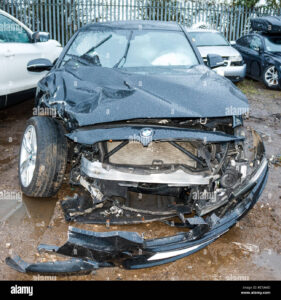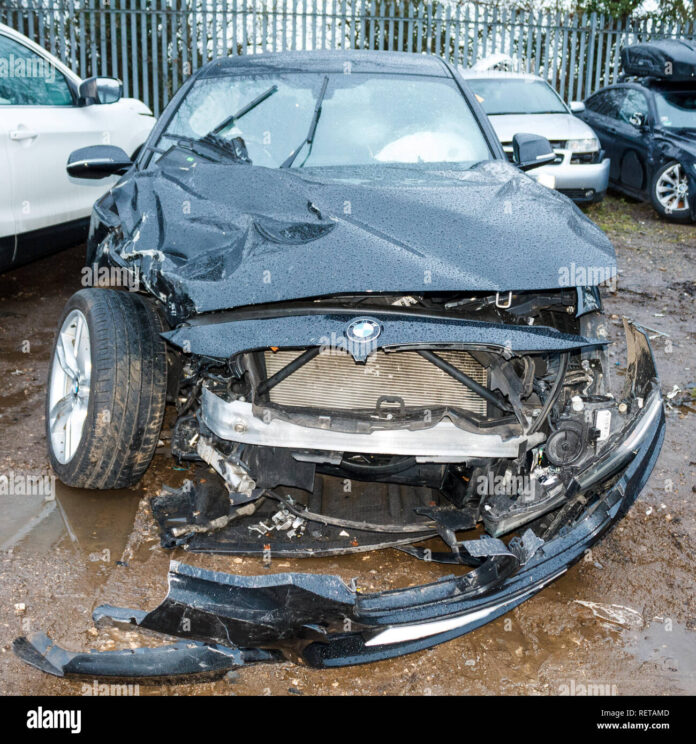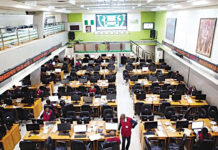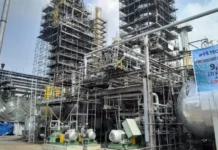Licensed customs agents have blamed the foreign exchange crisis for the rising import of damaged vehicles into the country to about 80 per cent.
The agents, added that it was also cheaper to purchase damaged vehicles overseas and fix them in the country than importing newer ones.
The Vice President of the National Association of Government Approved Freight Forwarders, Ugochukwu Nnadi, said Nigerians now opt for buying auctioned damaged vehicles because they are cheaper.
“Any vehicles you see here in the Nigerian market, if you go overseas, such vehicle no matter the year, the price they are selling them there is higher than what they are sold locally. What they do is buying off-road vehicles from auctions, which are usually cheaper.
“The volume of imported damaged vehicles is up to 80 per cent. It is cheaper to bring damaged vehicles in; that is the only one they can bring in. The cost of fixing them is cheaper,” Nnadi explained.
He stated that the fluctuating forex had made it difficult for importers and their agents to plan properly.

“The issues have been with the forex crisis because you can’t plan or do anything. You would be expecting something; in the end, you would see another thing.
“People are still bringing in consignment because some of them are already in the ports. And you can’t leave it there, because if you leave it there, it means you have abandoned the cargo. So, some of them try as much as they can to clear the ones they can,” he added.
According to a chieftain of the Association of Nigerian Licensed Customs Agents, Kayode Farinto, imported damaged vehicles are over 75 per cent.
“It is because of the purchasing power. You know the dollar is fluctuating and certainly, the purchasing power is declining. The cheapest jeep now is about $18,000 to $20, 000. So, people would now prefer to buy damaged ones and fix them,” he stated.
Also, the Youth Leader of the Association of Nigerian Licensed Customs Agents, Tincan Island Chapter, Remilekun Sikiru, explained that out of 100 imported vehicles in Nigeria, 90 were damaged.
“Out of 100 vehicles that come into the country, the ones that are badly damaged and couldn’t move is 40 per cent, dented are like 10 per cent, and another 40 per cent are damaged movable vehicles,” he explained.
He linked the increase in the volume of imported damaged vehicles to the weakened naira. “Our shippers know that they can buy them at a cheaper rate over there and fix them here instead of fixing them there because it would be more expensive fixing them there,” he noted.




